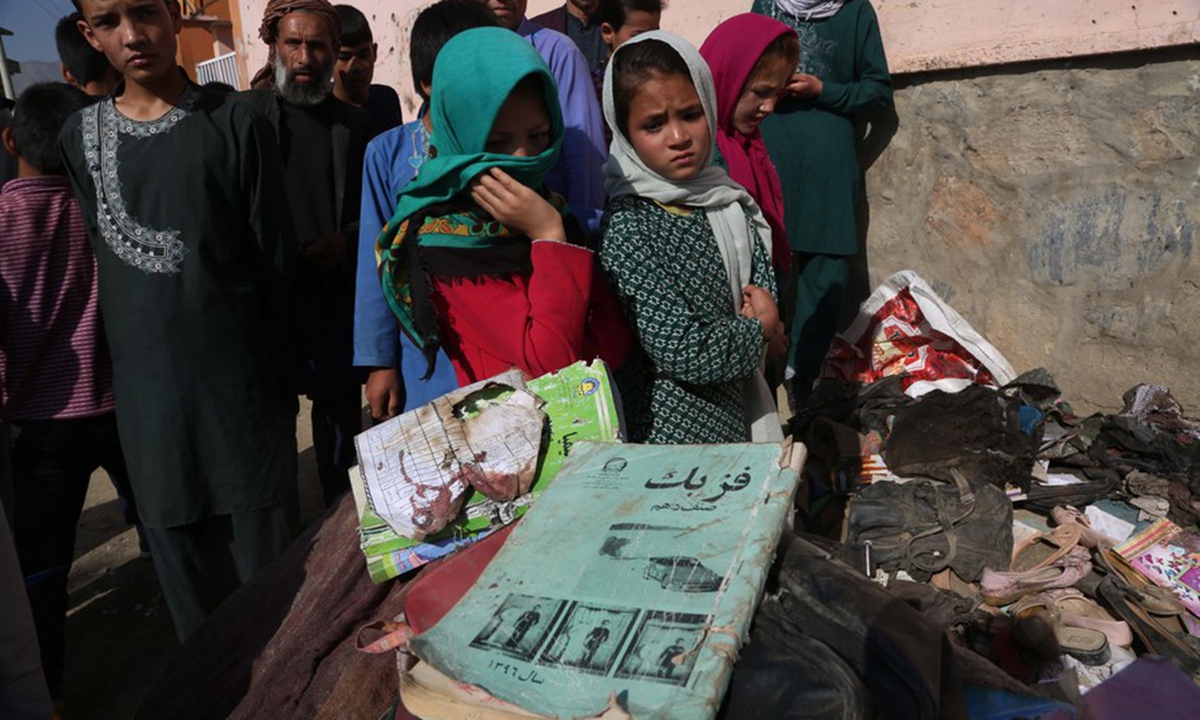Can Democracy Survive the Age of COVID-19?
(Japan) on 29 April 2021
by (link to original)
First, let’s review a bit of history. The world used to be divided into two camps, capitalists and communists, who opposed each other with a fiery passion. This mutual antagonism, dubbed the Cold War, was declared to have ended by the leaders of each camp, the United States and the Soviet Union. Two years later, the Soviet Union collapsed.
America and China: A Battle of Ideologies
The end of the Cold War may have led to capitalist America taking the reins as the Earth’s sole superpower, but failures like the reckless Iraq war and the bankruptcy of Lehman Brothers have loosened capitalism’s grip on the world, allowing China, once a member of the socialist bloc, to gather strength and step up to the plate.
Catching a glimpse of the cracks forming in the capitalist monolith, China began to build up both its economic and military power. Under Xi Jinping’s government, which often heralds a great revival of the Chinese people, this buildup has intensified, as the Chinese navy’s advances into the East and South China Seas have caused great anxiety in nearby nations.
Wariness grows stronger in the Joe Biden administration, which worries, given how much military power it’s accumulating, that China could invade Taiwan in the next six years. So much, in fact, that for the first time in 52 years, Taiwan came up in a joint statement after Prime Minister Suga Yoshihide and Biden’s first summit together. This unprecedented level of tension may very well mark the advent of a new Cold War between America and China.
As both countries fortify their economic and military resources, political animosity continues to grow as well. In March, at his first press conference since taking office, Biden framed America and China’s relationship as “a battle between the utility of democracies in the 21st century and autocracies," vowing to pour all the energy he can into getting the better of China.
How Much Should Our Freedoms Be Restricted?
COVID-19 has only fueled this rivalry. On top of disputes over how the virus originated, from the very beginning, each country’s handling of the virus couldn’t have been more different. While the Donald Trump administration championed individual freedom, stopping short of enforcing masks, China closed off the city of Wuhan for 2 1/2 months. Also, according to America's Johns Hopkins University, compared to the more than 570,000 people who have died from COVID-19 in the U.S., China has had just shy of 5,000 deaths. Based on facts like this, the Xi government proclaimed that this “clearly shows the superiority of socialism and the Communist party’s leadership.”
Certainly, in order to enact COVID-19 countermeasures in democratic nations, some necessary limits must be placed on our rights and freedoms. In a less democratic country like China, you can take measures that reduce personal freedom in the name of public health. Even countries such as New Zealand and Taiwan have had great success in suppressing COVID-19. However, that doesn’t mean autocracy has surpassed democracy as a form of government. No matter how many cases you prevent, or how powerful your economy becomes, a society that thinks little of the rights and freedoms of its people cannot be sound.
As German Chancellor Angela Merkel, who was raised in socialist East Germany, said in an address to the German people, “We are a democracy. We do not live by constraint, but by shared knowledge and participation. This is an historic task and it can only be accomplished together.” In addition, Vice President Kamala Harris, the first Black vice president in American history, said, “America's democracy is not guaranteed. It is only as strong as our willingness to fight for it, to guard it and never take it for granted.”
Obviously, democracy isn’t perfect. Perhaps it only just edges out other forms of government in human history, but that’s exactly why we must always work to improve it.
Last, here’s a startling report on the state of democracy. According to data from the Swedish research institute V-Dem from 2019, for the first time in 18 years, there are more autocracies in the world than democracies, as the number of democracies fell to 87, while the number of autocracies rose to 92.
Working Together toward a Better System
Under the difficult situation democracy faces with COVID-19 and China’s economic domination, democratic movements around the world may be wavering. We democratic nations must show that we can contain COVID-19, all while protecting human rights and freedom and living proud, prosperous lives. This isn’t just a matter of whether or not democracy will survive; it’s about what we can do to make sure it survives. This is the message we should be receiving from life under COVID-19.
As we move past the first year of living with COVID-19, cases still continue to spread. How should we be living in the “Age of COVID”? Along with all of you, I’ll be using many points of view to formulate my own new way of life.


